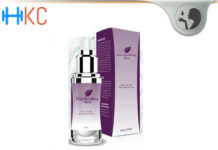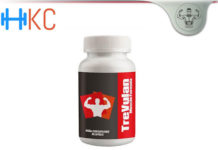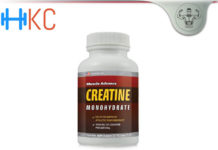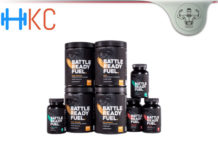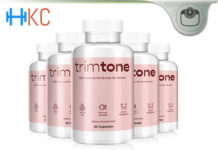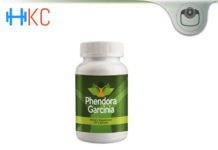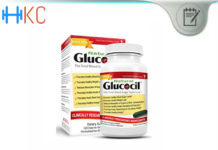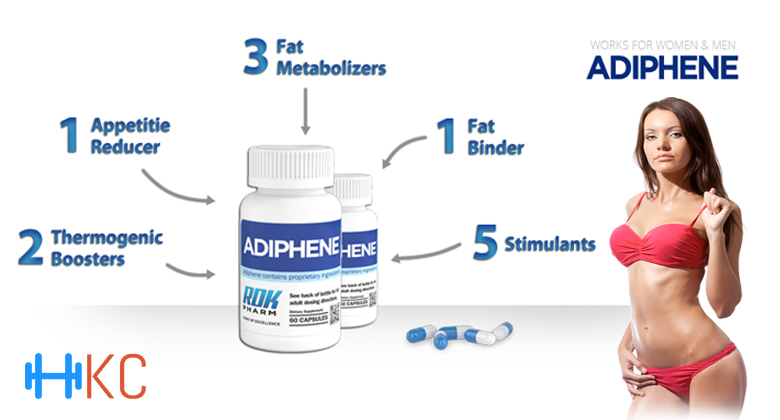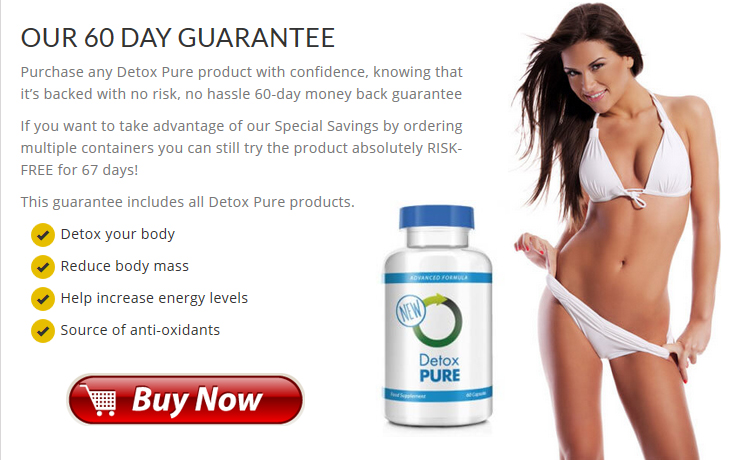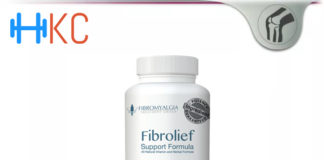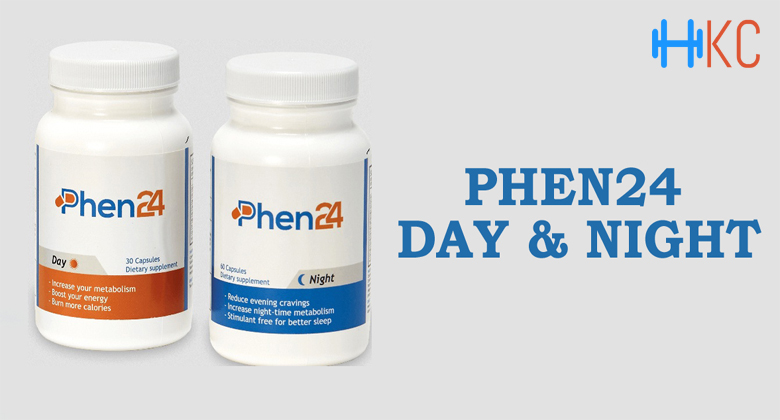
How Long Should One Go into the Detox Trend?
Detoxes are all the rage right now, and it’s not hard to see why. Detox programs promise a wide range of health benefits. They can help one quit harmful habits like smoking, sugar addiction, and other substance dependencies. They are also well known to help improve overall health by eliminating toxin build-up in the body.
Every day you are exposed to toxins without you knowing. These can be present as pollution in the environment or harmful ingredients in seemingly harmless hair products. Detoxing can help flush out these dangerous substances from your system. If you are thinking of going on a detox, one of the questions you might be asking is how long should the detox last? Here are four factors that could help you answer that.
Understand the Type of Detox
The length of time you spend detoxing will depend on what type you are doing. Not all detox programs are made equal. Some last for just a couple of days utilizing an easy-to-use detox kit you can do at home, while others may take up to a month and require the help of a specialist who can help monitor your progress. Some programs may require only simple tweaks to your current diet; others may be stricter and have you eating food from a prescribed list. If you want to experience the optimum results of the detox method of your choice, then you must follow the length of time prescribed for that particular type of program.
Take time to read and research about the detox you are planning to try. Some programs will include products like supplements and meal-replacement drinks as part of the detox. Make sure you read about the ingredients present in these products to see if they contain any allergens or artificial ingredients. If the detox lasts for more than a couple of weeks, it is important that the meal-replacement products included in the program are packed with vitamins and minerals so your nutritional needs are met during the course of the program.
Of course, just because a thirty-day detox promises amazing results like instant weight loss, great skin, and healthy hair does not mean you should jump into it right away. This is why you need to consider the next factors as well.
Evaluate Your Physical and Mental State
Detoxes will affect both body and mind. These effects may not always be positive, especially if you are not physically and mentally prepared for what is in store for you. Some detox programs might require you to abstain from certain types of food or quit addictive substances like coffee and nicotine. If you go into these without the necessary preparation, you might experience a number of serious withdrawal symptoms, like headaches, fatigue, moodiness, and anxiety. Similarly, if you are required to go on a strict diet during the course of the detox, this might have a detrimental effect on you if you have existing health conditions like anemia, being underweight, and anorexia. Before going on a detox, check to see if you are physically and mentally capable of following through the program.
Gradually Cut Back
If you have adequately determined that you are physically and mentally capable of going through a detox, start gradually cutting back on the substances that need to be abstained from during the program. Substances like coffee, nicotine, and sugar are highly addictive, so quitting cold turkey may give you some very unpleasant side effects. Consider cutting back your consumption at least two weeks before the scheduled start of your detox. This factor will require you to extend the detox period to at least a couple more weeks so you can effectively include the time needed to quit your addictions.
Some addictive habits are harder to quit than others. Here are some tips to help you curb cravings and effectively quit:
- To quit sugar, remove all processed products in your home and be on the lookout for those that contain hidden sugar. Check the label of products for sugar substitutes like acesulfame K, aspartame, sucralose, and probably the most common high fructose corn syrup. Now is a good time to start learning how to cook using organic ingredients and herbs to bring out natural flavor instead of using sugar.
- People who have been smoking for years may find it harder to quit smoking and may experience a variety of unpleasant withdrawal symptoms, like nausea, fever, mood swings, and even weight gain. To minimize the effects of withdrawal, start by gradually cutting down your daily cigarette consumption for a month. You can also consider using nicotine substitutes like nicotine patches and gum.
- Quitting coffee may also have some unpleasant side effects like headaches and drowsiness. Start by substituting coffee with green tea and gradually cut down the number of cups you drink in a day. Also, this is a good time to start having a more disciplined sleep schedule so you don’t have to rely on coffee to pick you up in the morning.
Listen to Your Body During and After the Detox
After you have kicked out any unnecessary habits that could stand in the way of the detox process, it’s time for you to be extra receptive to your body when starting the detox and after. As previously mentioned, this procedure will affect your physical and mental health in a variety of ways. These effects can include positive benefits like better sleep, better digestive health, and mental clarity, but it can also mean unpleasant symptoms like lightheadedness and fatigue. This is why it is important to pay attention to what you feel; this can be done by keeping a journal in which you can write down your physical symptoms throughout the course of the program.
Keep a detox journal where you can record details like changes in your weight, physical symptoms, mood changes, digestive issues, and others. These could help you get a better grasp of how the detox is affecting you as well as give you red flags on any underlying health conditions you might have. If you experience debilitating symptoms like nausea, vomiting, allergic reactions, and sudden weight loss, stop the detox immediately and contact a physician.
Consult a Physician
If you are still unsure about how long you should detox, the safest thing you can do is to consult a physician. Different bodies respond to detox differently because factors like genetics, preexisting health conditions, and current lifestyle are at play. Your doctor should be able to give you advice that is tailor-fit to your health needs. Be honest enough to discuss your concerns with your doctor so they can help you choose the best program for you. Consulting a specialist before starting the program is also a good idea because then you can keep in touch throughout the course of the detox. This is useful in case you have questions about any physical symptoms you might experience.
Remember that detoxing is not a magic bullet for any health concerns. It’s true that it offers certain benefits, but you must couple the program with your own hard work and determination. Detoxing can be useful for jumpstarting a healthier lifestyle. Use the detox period to evaluate your present way of life and remove any unhealthy habits from it. The end goal of the program should be better health and quality of life for you.





